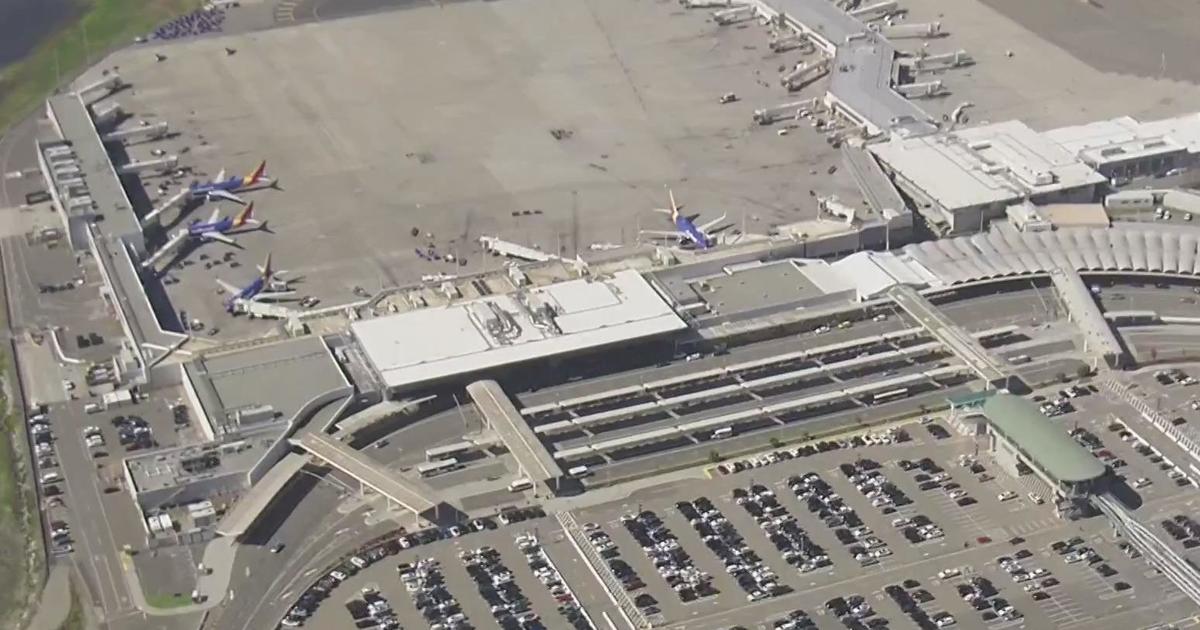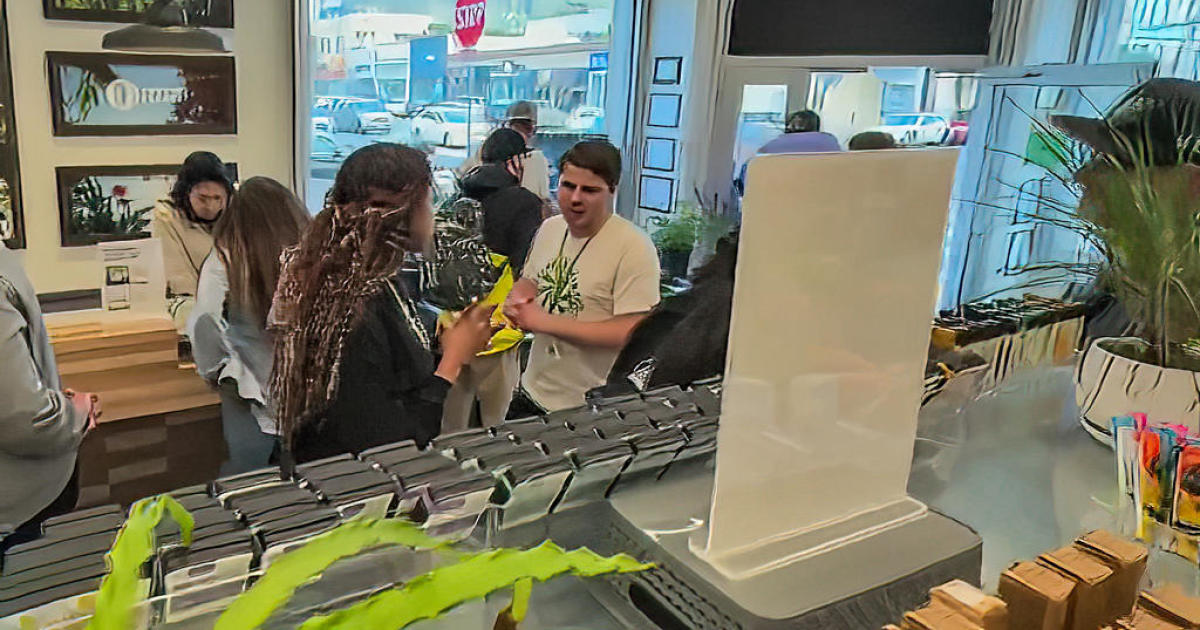COVID Relief: Bay Area Officials Laud Coronavirus Funding Bill, Argue More Is Needed
SAN FRANCISCO (CBS SF) -- California is expected to receive billions in federal funding from the latest coronavirus relief bill, which Bay Area officials have called a stepping stone to additional relief for local governments, small businesses and the state's residents.
The $900 billion funding package, which Congress approved Monday and still needs President Donald Trump's signature, includes $600 stimulus checks, $300 per week in additional unemployment benefits and billions for small businesses, vaccine distribution and various other provisions.
However, House Speaker Nancy Pelosi, D-San Francisco, lamented that the bill does not include direct funding for state and local governments that are facing revenue shortfalls and budget crunches due to the pandemic.
"We consider this a first step," Pelosi said Monday in a briefing with Senate Minority Leader Chuck Schumer. "And ... more needs to be done. And we're so excited that that will be happening under the Biden-Harris Administration, about 700 hours from now."
The funding package is slimmed down in comparison to the roughly $2 trillion Coronavirus Aid, Relief and Economic Security (CARES) Act that Congress approved in March.
Rep. Anna Eshoo, D-Palo Alto, said she was "deeply disappointed" by what wasn't in the final deal, like funding support for front-line health care workers and other essential employees as well as restaurants.
But the package does include roughly $284 billion in small business funding support through the Paycheck Protection Program, which Eshoo identified as a positive for her constituents who own and work at a small business.
"This package is major down payment in our work to tackle this unprecedented crisis and I'm hopeful that Congress will come together in the new year under a new administration to provide more relief and assistance to all who need it," she said in a statement.
Rep. Jackie Speier, D-San Mateo, also expressed disappointment in the $600 checks that most adults will receive, noting that it amounted to roughly $2.25 per day in the 270 days since Trump signed the CARES Act, which included $1,200 checks, at the end of March.
"The average rent in my district is upwards of $2,900," Speier said. "I spent Saturday at a local food drive where more than 350 people waited hours to receive assistance. People are desperate and the relief portion of this compromise measure is too little, too late for too many."
The funding comes at a critical time for the Bay Area's transit agencies, which will receive $975 million in total from the funding package, according to Randy Rentschler, the Metropolitan Transportation Commission's director for legislation and public affairs.
"We are very mindful that we need to put these dollars to work as fast as we can and we have every intention of doing that," Rentschler said.
Multiple transit agencies in the region used funding from the CARES Act to balance their budgets over the summer and maintain service despite plummeting ridership.
That funding has begun to run dry, though, prompting multiple agencies to consider layoffs, pay cuts and other cost-saving measures on top of those already taken earlier this year such as hiring freezes.
The Golden Gate Bridge, Highway and Transportation District's Board of Directors voted last month to lay off 146 employees in early January while San Francisco Municipal Transportation Agency officials said earlier this month that they would have to lay off roughly 1,000 full-time employees over the next 18 months to shore up the agency's projected budget deficit of $168 million by the end of fiscal year 2022.
"The federal government has prevented the collapse of the public transit systems that have allowed essential workers to keep hospitals and other basic services running during the pandemic," the SFMTA said in a statement. "Even with these funds, we will likely have to continue to tap into our rainy-day reserves to balance the budget."
BART previously joined with other transit agencies across the country to call for upwards of $30 billion in funding. Members of the agency's Board of Directors and General Manager Bob Powers have also written letters to Pelosi and other legislative leaders pleading for more funding.
BART is facing a deficit of roughly $30 million for the current fiscal year, which will end June 30, 2021. The following fiscal year, the agency's budget officials are projecting a deficit of more than $200 million.
"We don't yet know what amount BART will get," the agency said Monday in a statement. "We are grateful for the short-term relief."
Other Bay Area officials echoed Pelosi and Eshoo's hope that the incoming administration of President-elect Joe Biden and the potential of Democrats controlling both Congressional chambers and the White House represents hope for further relief bills.
"This is just a small fraction of what it will take to support families and get the economy to recover," Rep. Barbara Lee, D-Oakland, said. "I'm looking forward to continuing our efforts in the new year to keep families afloat, crush this virus, and turn the corner on this difficult period in our history."
© Copyright 2020 CBS Broadcasting Inc. and Bay City News Service. All Rights Reserved. This material may not be published, broadcast, rewritten or redistributed.



